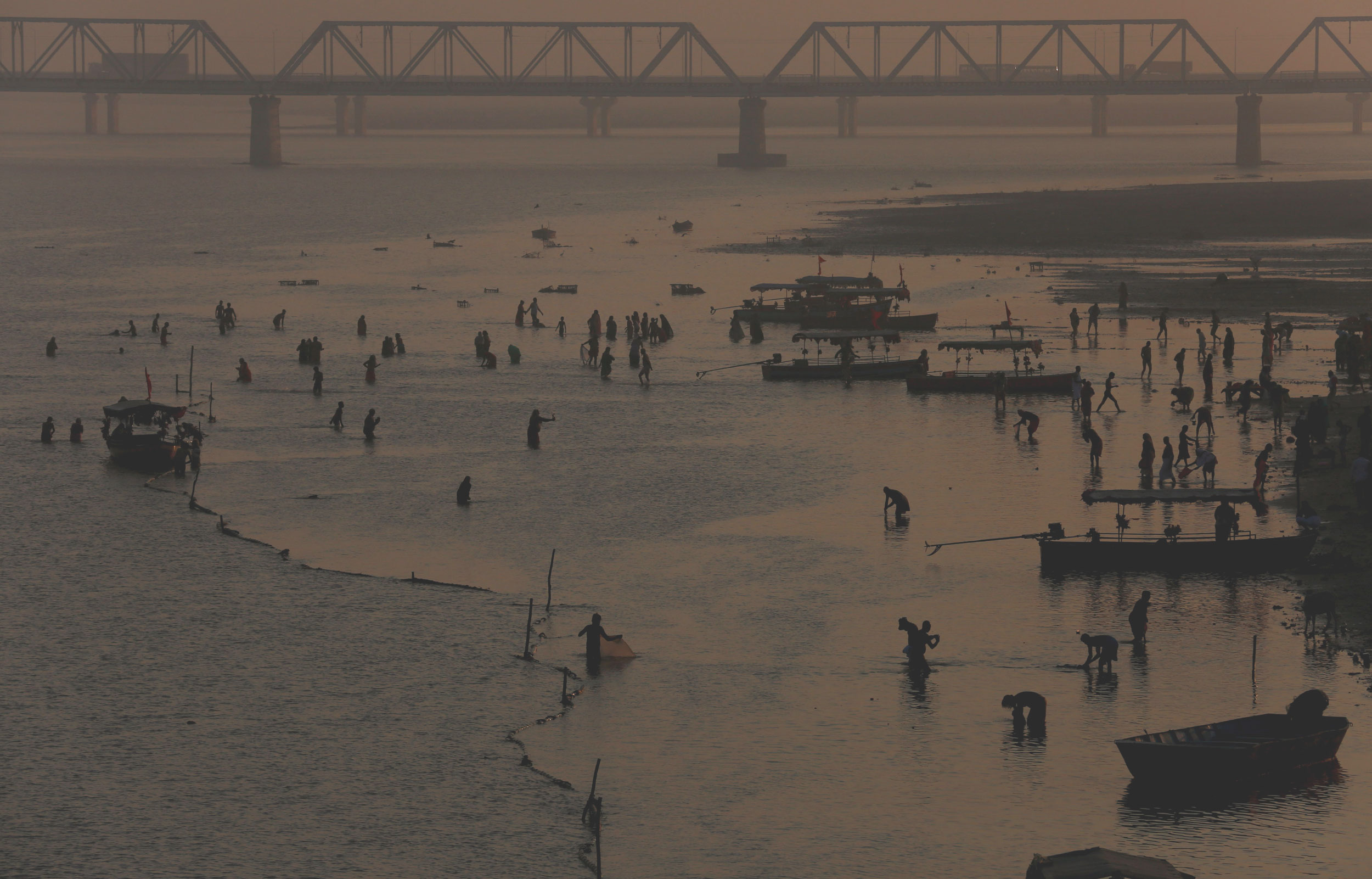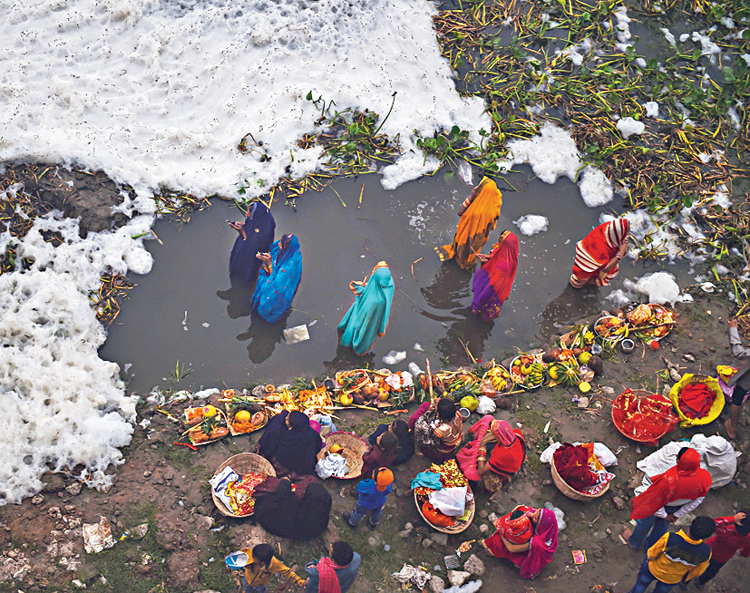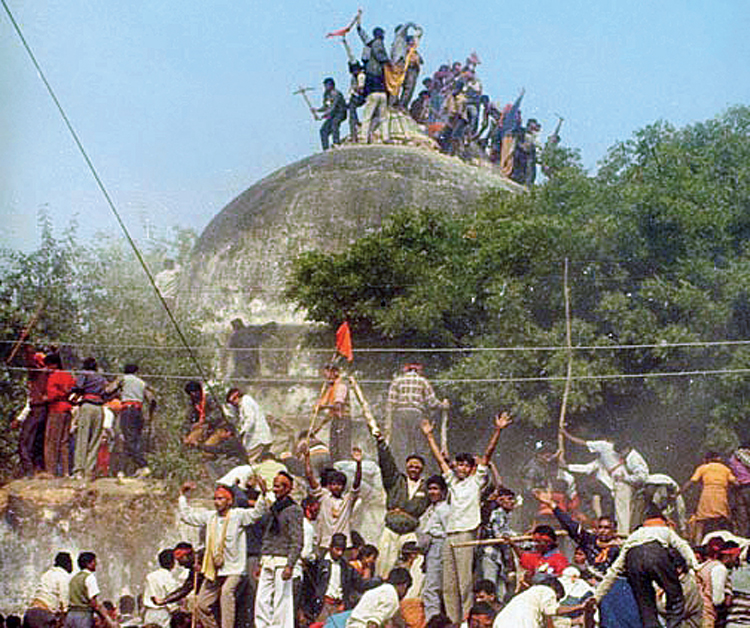It’s been over a week since the Ayodhya judgement was passed. I have seen people celebrating and congratulating each other. Disappointment has also been writ large on some other faces. As a 24- year-old, upper-caste Hindu, born and brought up in Faizabad — now called Ayodhya — I do not claim to be a legal or political expert. So much has already been written about the judgment. My only aim is to put forward my apprehensions and reiterate certain principles.
The Supreme Court of India was asked to resolve a dispute whose origins are as old as the idea of India itself. As written in the 1045-page judgment, the events associated with the dispute have spanned the Mughal empire, colonial rule as well as the constitutional regime. I am reiterating this for everyone who seems a bit too sure about the claims that they have been making. I am reiterating this for all of us who are being fed by the television channels. For a dispute that is more than a century old, it is not easy to find out ‘facts’ or the ‘truth’. The only thing that one can do is to be open to possibilities.
Hindus assert that there existed at the disputed site an ancient temple dedicated to Lord Ram that was demolished upon the conquest of the subcontinent by the Mughal emperor, Babur. I am no one to deny the significance of the site for the Hindus or for their faith. Last summer, when I was home, an 80-year-old lady told me that it is her dying wish to see the temple being built. I have also heard stories about how ruthless Babur was to destroy the temple. What confuses me, though, is this: how one can call Babur ruthless and then go on to boast about the demolition of the Babri Masjid? How one can criticize the destruction of one religious site while favouring another? I am saying this on the ‘assumption’ that Babur did destroy the temple to build the mosque. This is still in the realm of assumption because neither the Supreme Court nor the reports of the Archaeological Survey of India could say for sure that a temple had been ‘demolished’ to build the mosque. The ASI report did not provide the reason for the destruction of the pre-existing structure. Moreover, the ASI report had put the date of the underlying structure to be 12th century; there is a time gap of about four centuries between the date of the underlying structure and the construction of the mosque. There is absolutely no evidence available to explain what transpired in the course of this intervening period.
Richard M. Eaton, a professor of history at the University of Arizona, states that “...[R]oyal temples were highly charged political sites. For it was there that kingship was established, celebrated, renewed, and contested... Well before Muslim ruling houses arrived on the scene, kings would attack an enemy king’s royal temple as a necessary part of undermining that king’s sovereign rule. This much is clear both from normative Sanskrit texts and from the inscriptional record. Later on, Muslim kings intending to establish their own rule in India simply followed this tradition.” Even if Babur had demolished a temple, it needs to be understood that it was not because of a Hindu-Muslim dispute. Rulers had no religion. Their only purpose was to rule and do everything to expand the empire.
I appreciate the fact that this age-old dispute has finally come to an end, but I don’t know what to make of the judgment. The court has acknowledged that the destruction of the mosque was an egregious violation of the rule of law. To provide ‘restitution’ to the Muslim community for the unlawful destruction of its place of worship, the Supreme Court has also asked the State to hand over five acres of land at a ‘prominent’ place in Ayodhya. Yet, even after 27 years, the proceedings of the Babri Masjid demolition case are moving at a snail’s pace in the trial court. Thirty-two high profile people are accused of promoting enmity, hatching a criminal conspiracy and rioting; some of the accused have died. The rest are out on bail.
While growing up, I always imagined India to be a place where the azaan of the muezzin is met with the blowing of conch shells. Sadly, such harmony seems to be too far-fetched an idea in New India.












